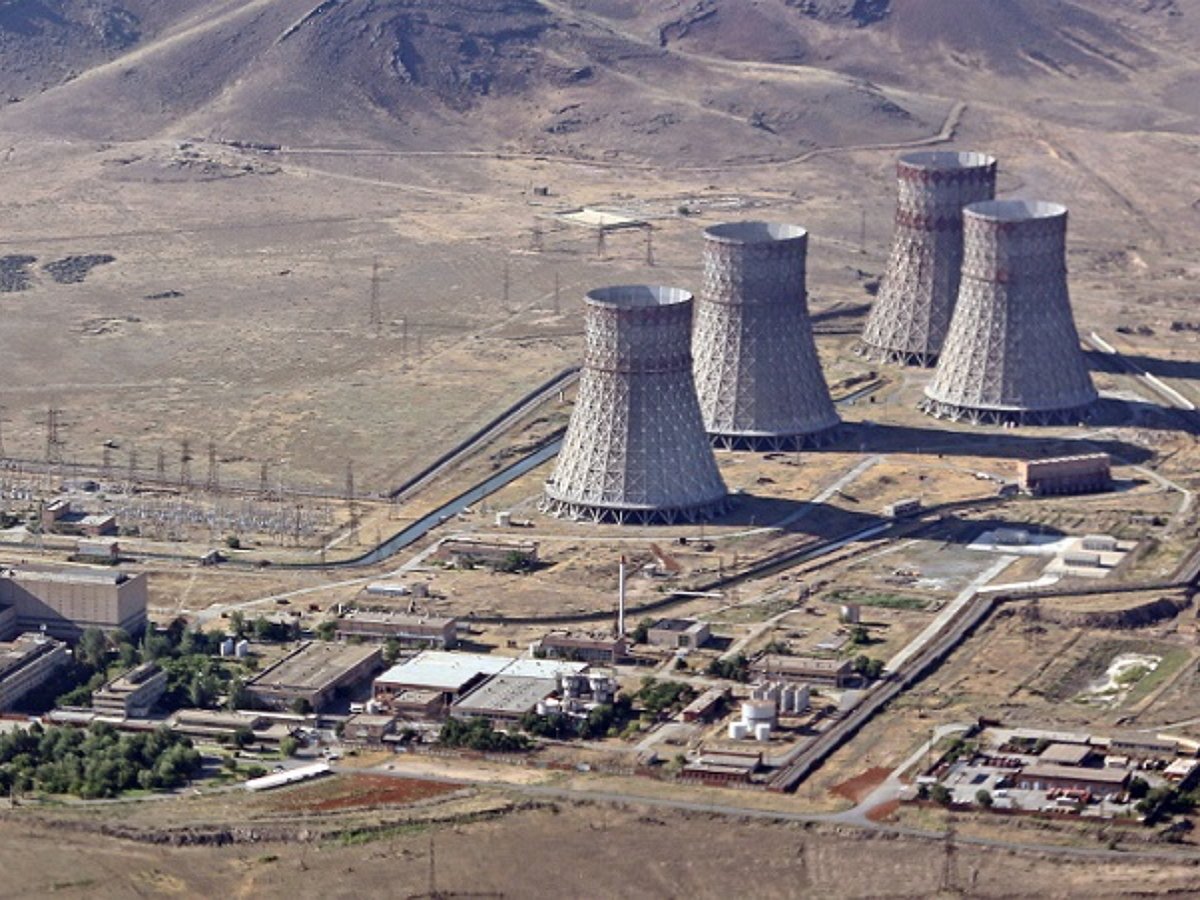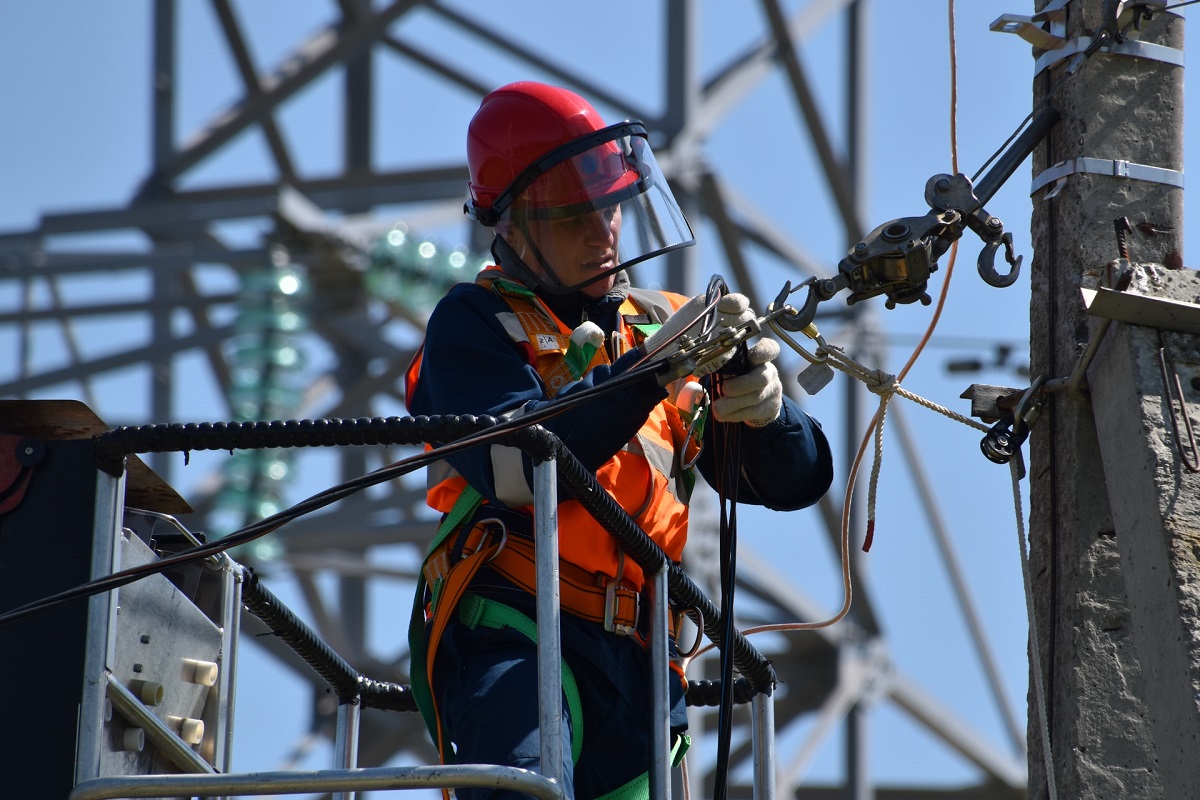Armenia faces growing power outages amid calls for energy security, infrastructure investment
Armenia’s energy security and outages
The energy sector is a priority in Armenia’s economy and, unlike other areas, receives substantial investment. However, people do not notice significant improvements or personal benefits in their daily lives. Meanwhile, frequent power outages are causing growing concern among consumers.
In the past six months, Yerevan and surrounding regions have experienced ongoing voltage fluctuations and power cuts. Many have voiced dissatisfaction with the “Electric Networks of Armenia” on social media, with some reporting significant financial losses due to damage to household appliances caused by these surges.
Why are power outages occurring so often? What’s causing the fluctuations in voltage? And how relevant is the discussion on energy independence and security in this context? Answers to these questions come from a consumer, an electrician, and an energy security expert.
- The path to independence: can Armenia ensure its energy security?
- Benefits of solar energy in Armenia: three examples
- Modernization of old buildings in Armenia: energy savings and modern design
“It’s your fault that power keeps going out”
Albert has been working as an electrician for 16 years, managing one of Yerevan’s districts. This year, he says he’s been “overwhelmed with calls, complaints, and requests” from residents. The main issues are voltage fluctuations and power outages.
“It’s become harder to talk with people. They’re fed up with constant outages and voltage swings, and I understand—when problems persist, people get frustrated. One person called, asking for my supervisor’s contact, saying a power surge damaged their washing machine and demanding compensation. Another person, working from home, asked for a precise time when power would be restored so they could plan their day. A third even blamed me personally for the frequent outages,” Albert says, describing his daily interactions with Yerevan residents.
He notes that working in public utilities demands significant dedication. He believes that while someone might manage a day without shoes or milk, it’s much harder to go without electricity, water, gas, and now the internet.
“From talking to customers, I see that many now associate power outages with politics. I’ll share a funny story: high winds took down a power pole, and we were working on restoring service. A woman called, and as I explained the situation, she angrily claimed the power had been cut intentionally because Pashinyan was meeting with Putin that day. That’s how complicated it’s become to explain what’s really happening.”
He confirms that many people have experienced appliance damage this year due to voltage issues.
“Sometimes the voltage is too high, sometimes too low, which can break appliances. I always advise people: if the power goes out, unplug everything. Wait until power is restored, then plug things back in gradually.”
Albert assures that most outages are due to technical issues:
“Outages happen during strong winds, construction work, or street repairs. Sometimes planned outages are necessary—for example, to replace old wires.”
However, it’s widely known in Armenia that the main player in the sector, Electric Networks of Armenia, doesn’t invest in upgrading infrastructure. Power poles and lines are outdated. The company only used its funds to replace consumer meters, so if a bill isn’t paid, power is cut off automatically.
Since April 2017, the shareholders of Electric Networks of Armenia have been Tashir Capital (70% of shares) and Liormand Holdings Limited (30%). The owner of Tashir Group, which includes Tashir Capital, is Russian-Armenian businessman Samvel Karapetyan, ranked 48th on Forbes’ Russia list, with a net worth estimated at $2.7 billion.
“Miss payment by one day and your power gets cut off”
Residents of Armenia say that Electric Networks of Armenia replaced meters primarily for its own benefit. Many wonder why the company doesn’t prioritize upgrading power lines and other infrastructure instead.
Silva Sargsyan, a retired resident of Yerevan, explains, “If you’re even one day late paying for electricity, they cut off the power.” She lives alone and has health issues, making it difficult for her to pay online, so she goes to the nearest post office.
“Sometimes I’d go, but there would be a long line, and I wouldn’t make it in time. Sometimes I just forgot. Once, I missed the payment deadline because I was out of town. When I got home, the power was off, and everything in the fridge was spoiled. After I paid, they restored the electricity, but the fridge stopped working. I don’t know how that happened. My neighbor said it might be due to a power surge,” she says.
She adds that this summer brought frequent power outages, and she wasn’t notified in advance. She only managed to reach the company hotline once:
“It’s pointless to call; they don’t answer. I wasn’t calling to ask when the power would be back, but to ask when and how they’d compensate me. If the power is out for more than four hours, they’re supposed to compensate. There were days without power for over 12 hours. If they’ve automated cut-offs for late payments, why should I be denied compensation?” Silva asks.
Together with two neighbors, she submitted a compensation claim to Electric Networks of Armenia but has yet to receive a response.
Power outages, energy security, and independence
A large portion of power outages are due to technical issues, says energy security expert Artur Avetisyan. He emphasizes the need to develop infrastructure on a broader scale, with investments and collaboration between the government and private sector:
“It’s only meaningful to discuss the efficiency of energy systems or capacities if the grid has the necessary infrastructure. Without it, even the most efficient plant becomes ineffective.”
To ensure energy security, Avetisyan stresses the importance of building on existing systems and advancing trending energy sources, particularly solar and nuclear power. He also advises a stronger focus on exports.
“For energy security, a diversified energy system is essential. Armenia has a balanced three-part system: thermal, nuclear, and renewable energy, although renewables make up only around five percent. Energy security relies on both the presence of this system and effective management,” Avetisyan explains.
He points out that many people confuse energy independence with energy security, though they are distinct yet complementary concepts:
“There are different interpretations of energy independence. Countries lacking their own fossil fuels—like oil and gas—cannot be fully independent. But with proper resource management, a country can still secure energy security and relative independence.”
Avetisyan believes that energy sources should be balanced rather than prioritizing one at the expense of others:
“Green energy—solar and wind—is popular today. Since 2022, nuclear power has also been classified as green. These trends have reached Armenia, though with some delay. While the West is moving away from solar plants, this sector continues to grow here, despite its dependence on weather and lack of stability. As a result, we’re seeing a reduction in traditional plant capacities.”
The expert suggests that Armenia should focus on the potential of hydropower, solar, and nuclear energy:
“We shouldn’t rely solely on global trends; we need to choose the best options for our needs. Globally and within Armenia, there is no real alternative to nuclear energy, especially as it’s recognized as a green, clean source. Nuclear energy is experiencing a resurgence in our region, and Armenia cannot afford to abandon peaceful nuclear power.”
Armenia’s energy security and outages




















